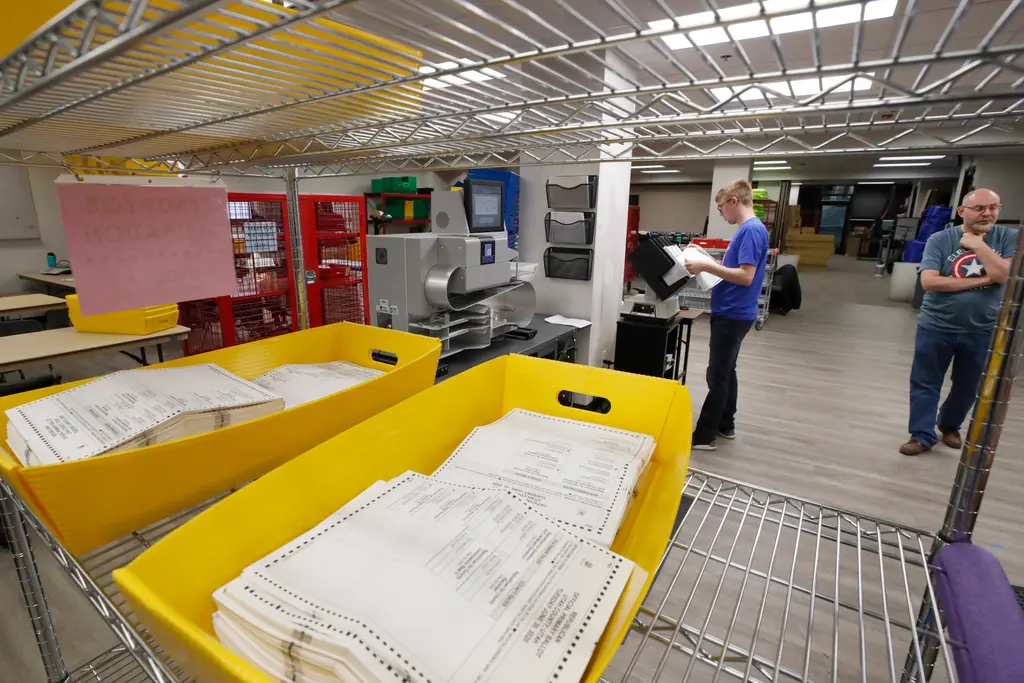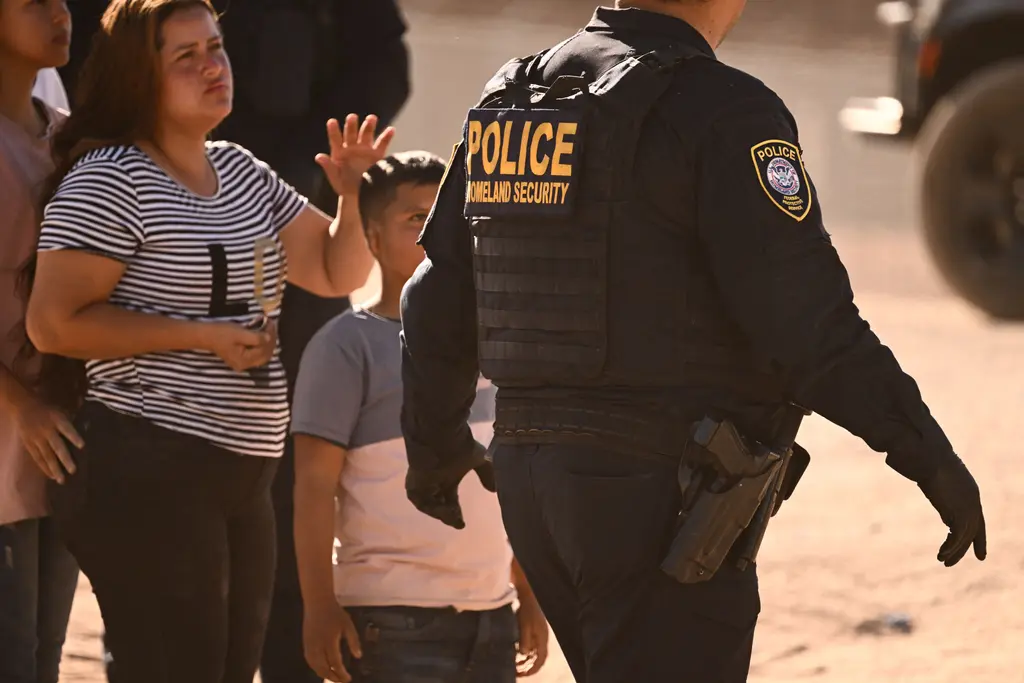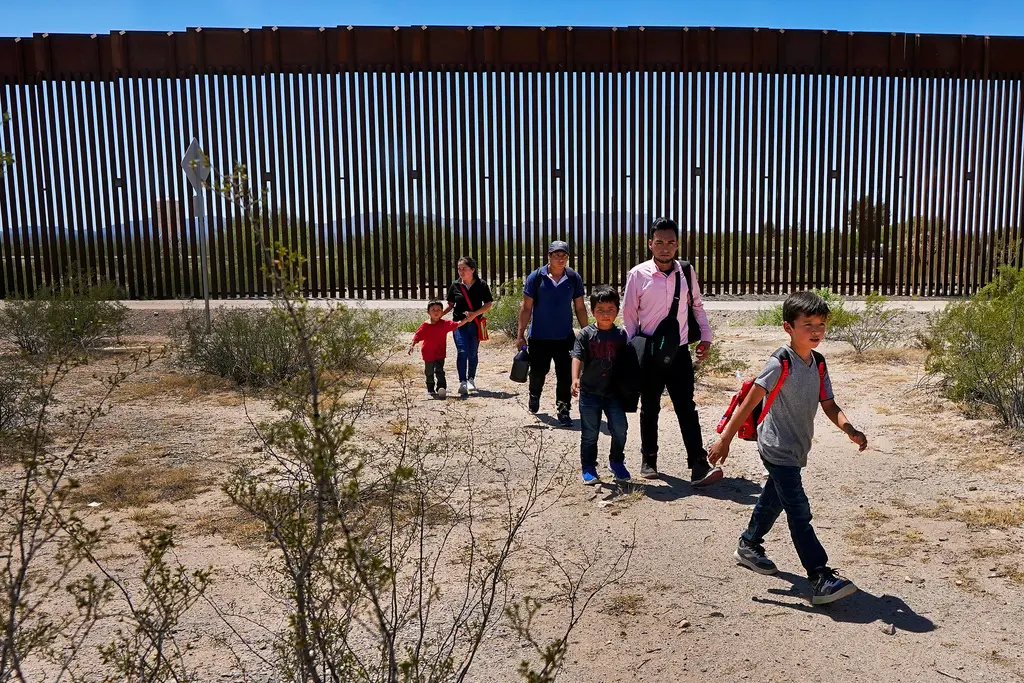Not all appointments are equal: the need for tier one Latino cabinet officials

Latinos make up almost 17 percent of the U.S. population, but have only held one of the top-tier cabinet positions in the nation’s 244 year history.
The lack of representation at the pinnacle of the country’s leadership belies the Latino contribution to this nation. Latinos have fought in every American war, represent over 60 million Americans and are the nation’s largest non-Anglo demographic group. In this last election, the Latino vote was key in getting President-elect Joe Biden to the White House, getting him across the finish line in key swing states.
In 2020, it’s no longer acceptable to build a senior team or cabinet without including Latinos in a meaningful way. A Latino has never served as Secretary of State, Treasury, or Defense, or Chief of Staff to a President.
Although the nomination of Alejandro Mayorkas, an experienced, trained professional to lead the Department of Homeland Security is historic and an important first step, the lack of more Latino visibility at the Cabinet Level sends a message to the Black, Brown and Native American communities that power the economy as essential workers and serve as the core of the Democratic Party that their contributions are not valued.
The Biden-Harris istration must reflect the face of America, which means Latinos must be included and visible in the highest echelons of government.
Only 18 Latinos have been tapped in the history of this country to serve as the head of an executive department or cabinet-level position. The first Latino appointed to a presidential cabinet came 55 years after Franklin Roosevelt appointed the first woman to serve and 22 years after Lyndon Johnson appointed the first African American to serve. Ultimately, a Republican President, Ronald Reagan, made history by appointing Lauro Cavazos Jr. to serve as his Secretary of Education, albeit at the tail end of his second term.
Más sobre Opinion
As COVID-19 infections reach record-highs and a cloud of uncertainty hangs over our economy, Latino communities from North Carolina to California are disproportionately harmed by the intersecting public health and economic crises. Latinos, like their Black American peers, are twice as likely as white Americans to die of COVID-19.
Further, Latinos, who have experienced some of the nation’s highest unemployment rates, were also least likely to benefit from the federal CARES Act and government’s expansion of unemployment benefit insurance, and are least likely to have health insurance coverage. While many may just see this simply as unfortunate consequences of the pandemic that only impact individuals, the reality is American recovery is predicated on a healthy and vibrant Latino workforce.
The lack of diverse leadership means that communities of color are not often centered in policy fixes. Representation is key to ensuring that the population is an integral part of the vision for the nation’s economy, which is essential to its success.
Today, Latinos in the U.S. represent an estimated $2.6 trillion GDP, constituting the world’s 8th largest economy. The average age of U.S. Latinos is 29.3 years compared to 40.5 for non-Latinos. And Latinos have ed for 82% of U.S. workforce growth since the Great Recession, and a pre-COVID workforce participation rate 5% higher than that of the general population. They are literally the future workforce of America who will fuel our prosperity for generations to come. Yet, the comorbidities facing this population are being exacerbated by the lack of descriptive and substantive representation that can concentrate relief and recovery at those hardest hit.
While advocates have called on President-Elect Biden to make history by appointing five Latinos to his cabinet, we need to be more exacting in our demands. His appointments must not only ensure that Latinos are in the Cabinet, but that they have a voice in critical decisions about national security, monetary policy, international relations, and the next Supreme Court justice.
President-Elect Biden has the opportunity to set precedent for future istrations. And with America’s intersecting crises of climate, economy, race, and public health, this country needs diverse leaders making data-backed decisions about relief and recovery more than ever.
Republican President George W. Bush’s 2005 appointment of Alberto Gonzales as U.S. Attorney General remains the closest a Latino has come in succession to the President. Otherwise, Latinos have largely been relegated to second-tier appointments such as Secretaries of Education, the Interior, Housing and Urban Development, or of the Small Business istration. Having a critical mass in the U.S. Cabinet at the onset of President-elect Biden’s istration is important to making sure there are diverse perspectives throughout his tenure. And ensuring representation in the top-tier can give equitable weight to these perspectives.
Latinos will remain key to American recovery, just like they have in every one of this nation’s disasters, natural or manmade. The true test of President-elect Biden’s first year is not whether we overcome COVID, but whether Black and Brown Americans have equitable access to a vaccine and affordable healthcare, can preserve and grow their wealth and are at the receiving end of federal policy reforms. This can only happen if Latinos, with at least one top-tier appointment, are in the room with President-elect Biden and Vice President-elect Harris when key decisions are made.
Sonja Diaz is the founding director of the UCLA Latino Policy and Politics Initiative and a founding member of Alliance for Latinx Leadership & Policy (ALLP).



